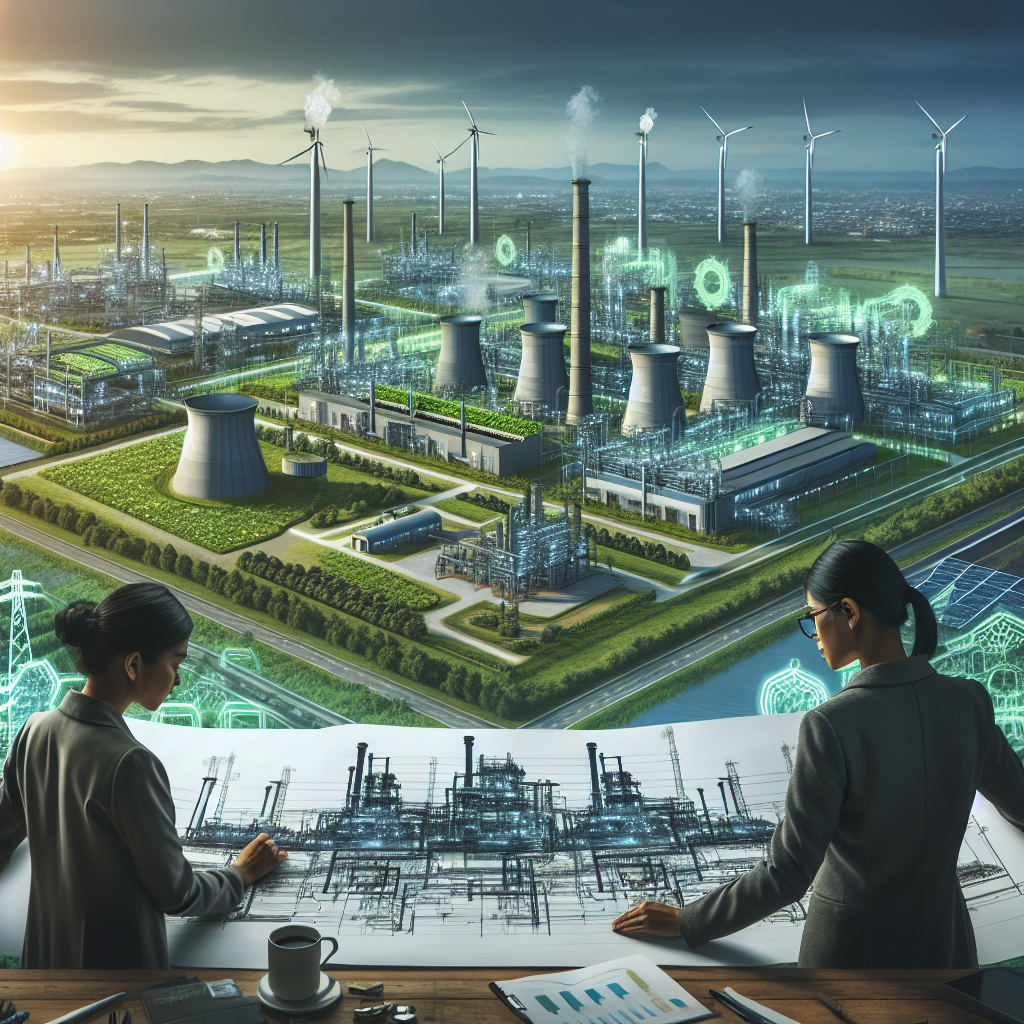Vietnam’s highly trade-oriented development has been driven by energy-intensive manufactured goods and industrial products, leading to nearly four times the middle-income country average growth last year. However, this growth has also resulted in increased carbon emissions and environmental degradation, making industrial transformation a critical imperative for the country’s long-term economic viability and competitiveness.
The world is currently undergoing a clean industrial transformation, and Vietnam has the potential to be at the forefront of this movement. With its abundant renewable resources, growing manufacturing base, and increasingly skilled workforce, Southeast Asia can become an attractive destination for clean technology and clean supply chain investments. Many manufacturers are already switching to cleaner, more efficient processes such as electrification of industrial heat production and hydrogen-based steel production.
To achieve this transformation, Vietnam needs a comprehensive and agile approach that involves strong collaboration among stakeholders at all levels. This includes adapting policies to remain competitive in a decarbonised future and attracting foreign investment. The European Union’s Carbon Border Adjustment Mechanism, which requires companies to measure, report, and manage their carbon footprints, provides incentives for Vietnamese companies to do so.
Vietnam is well-positioned to take advantage of the growing demand for green industries and products in Southeast Asia. This was evident at the Australia-Vietnam Green Economy Program and Summit, which brought together business leaders and experts from both countries to explore opportunities for green economy investment and trade.
One key initiative that can help Vietnam maintain its competitive edge and catalyse further growth is the establishment of Net Zero Industrial Precincts (NZIPs). This involves embedding net zero targets into the country’s existing 400 industrial zones and future projects. By transforming these industrial zones, Vietnam can attract new industries, stimulate green exports, build enabling infrastructure, increase skills development, and decarbonise emission-intensive industries.
While there are existing initiatives in Vietnam around eco-industrial zones or green industrial zones, they mostly focus on circular economy or waste management aspects. In September, the Climateworks Centre and the Ho Chi Minh City Institute for Development Studies signed an MoU to support the city in developing a roadmap to transform its industrial zones in line with net-zero targets. This partnership aims to not only reduce carbon emissions but also drive economic growth and create a more sustainable future for Vietnam.

